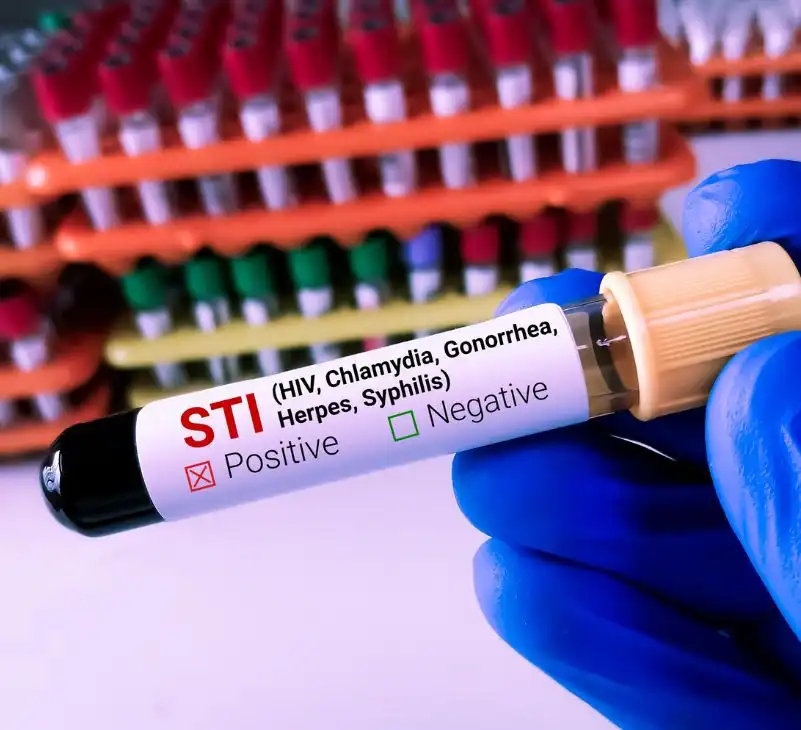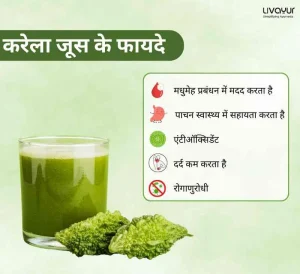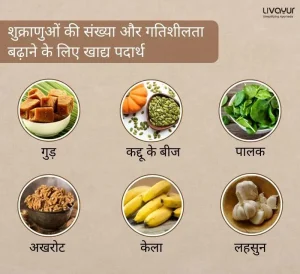This article is reviewed by experts

Sexually transmitted infections (STIs), also referred to as sexually transmitted diseases (STDs), encompass a range of illnesses transmitted through sexual activities. Should your partner carry any form of STI, the possibility of transmission during intercourse becomes a real concern. These ailments can transfer seamlessly between individuals, with some remaining asymptomatic initially. With transmission primarily occurring through sexual contact, recognizing key symptoms becomes pivotal in timely intervention. If any of these indicators surface, refraining from sexual activity with your partner is advisable. The landscape of STIs is diverse, encompassing various types [1].
Diverse Varieties of Sexually Transmitted Infections (STIs)
Sexually transmitted infections (STIs) manifest in different forms, often originating from sexual organs. Among the notable STIs are [2]:
- HIV/AIDS [6]
Human Immunodeficiency Virus (HIV) debilitates the immune system, potentially culminating in Acquired Immunodeficiency Syndrome (AIDS).
- Gonorrhea [3]
Gonorrhea, a bacterial infection, spreads through sexual contact, affecting both men and women.
- Chlamydia [4]
Another bacterial infection, chlamydia, targets sexual organs and impacts both genders.
- Syphilis [5]
Syphilis, also bacterial in nature, advances through sexual interaction.
- Gardnerella Vaginalis/Bacterial Vaginosis [6]
This bacterial infection targets the vaginal area of women and arises from various symptoms.
- Herpes Zoster [7]
Viral in origin, herpes zoster afflicts the oral, facial, and genital regions, often presenting as sores and blisters.
- Herpes Simplex Virus [6]
Also viral, herpes simplex virus materializes as sores on the mouth, face, and genital areas.
- Trichomoniasis [6]
A parasitic infection impacting the vaginal region, trichomoniasis emerges due to symptomatic manifestations.
The list features prominent sexually transmitted infections; however, other variants exist. If symptoms indicative of these infections manifest, prompt consultation with a medical professional is paramount. Your well-being is our priority.

Symptoms of Sexually Transmitted Infections (STIs) [2]
- Unusual discharge from the vagina, penis, or anus
- Pain while urinating
- Bumps or growths around the genitals or anal area
- Rashes on the genital area
- Unusual vaginal bleeding
- Itching in the genital or anal area
- Sores and ulcers around the genital or anal region
- Swollen lymph nodes around the genital or anal area
- Lesions in the mouth or throat (though these are less common)
Treatment of Sexually Transmitted Infections (STIs) [6] [8]
A doctor can conduct an STI test to confirm whether you have a sexually transmitted infection or not. Based on the results, the doctor will provide the most suitable treatment option. Here are some suggestions for treating STIs.
- Antibiotic Treatment
The treatment of bacterial infections involves the use of antibiotics. However, some STIs, such as gonorrhoea, are developing resistance to certain antibiotics that doctors usually prescribe for their treatment. It’s important to complete any course of antibiotic treatment, even if your symptoms have subsided. Stopping treatment prematurely without medical advice can allow bacteria to reemerge, potentially causing a recurrence of symptoms. In such cases, treating the infection can become more challenging.
- Vaccination
Vaccinations can help protect individuals from HPV (human papillomavirus) and Hepatitis B. In such cases, you can discuss the matter with your healthcare provider, who will offer you appropriate advice regarding vaccination.
- Preventing Stigma
Many individuals find it difficult to talk about STIs due to stigma or fear. However, STIs are common health issues, and treatments are available that can either cure the infection or help manage it. Seeking treatment promptly can also reduce the risk of complications. Home testing kits for various STIs are available online, but it’s important to consult a doctor before using them.
Prevention of STIs
To prevent STIs, using methods like condoms and dental dams can help prevent the spread of several STIs, although they may not fully protect against infections transmitted through skin-to-skin contact. Other methods to reduce the risk of STI transmission include:
- Openly discussing previous STI history with new partners.
- Ensuring both partners undergo STI testing before starting a new sexual relationship.
- Getting vaccinated for certain infections.
- Exercising caution when consuming alcohol or other substances that might increase the likelihood of engaging in risky sexual behaviour.
FAQs
Is it safe to have sex with someone who has a sexually transmitted infection?
No, having sex with someone who has a sexually transmitted infection can pose risks for you. If you choose to do so, you need to take extreme caution. However, refraining from sexual activity with an infected individual is a better option from a safety perspective.
What’s a common way to prevent sexually transmitted infections?
The most common way to prevent sexually transmitted infections is by using condoms during sexual activity.
Can sexually transmitted infections be dangerous?
Yes, if left untreated at the right time, they can be very dangerous or risky.
How can you determine if your partner doesn’t have a sexually transmitted infection?
The best way to know is to regularly get yourself and your partner tested.
How do women contract sexually transmitted infections?
They can be transmitted from one person to another through sexual contact, which can be oral, anal, or vaginal.
I have a sexually transmitted infection, how should I treat it?
Instead of trying any home remedies, consult a doctor to ensure proper treatment is administered.
Conclusion
In conclusion, being informed about the symptoms, treatment, and prevention of sexually transmitted infections (STIs) is crucial for maintaining sexual health and overall well-being. Recognizing the signs of STIs, seeking prompt medical attention, and adhering to prescribed treatments are essential steps in managing these infections effectively. Additionally, dispelling stigma and engaging in open conversations about STIs can contribute to a healthier and more informed approach to sexual health. By adopting preventive measures, such as using protective barriers and discussing past medical history with partners, individuals can take proactive steps towards minimising the risk of STI transmission. Ultimately, promoting awareness, practising safe sexual behaviours, and prioritising regular STI testing are key components of a responsible and proactive approach to sexual health maintenance.
Disclaimer: The information provided here is for general knowledge purposes and is not intended as a substitute for medical advice. For proper medical guidance, please consult your healthcare professional.
References:
- https://www.urologyhealth.org/urology-a-z/s/sexually-transmitted-infections
- https://www.nhs.uk/conditions/sexually-transmitted-infections-stis/
- https://www.nhs.uk/conditions/gonorrhoea/
- https://www.nhs.uk/conditions/chlamydia/
- https://www.nhs.uk/conditions/syphilis/
- https://www.ncbi.nlm.nih.gov/books/NBK560808/
- https://www.ncbi.nlm.nih.gov/books/NBK441824/
- https://www.ncbi.nlm.nih.gov/pmc/articles/PMC3827743/
















